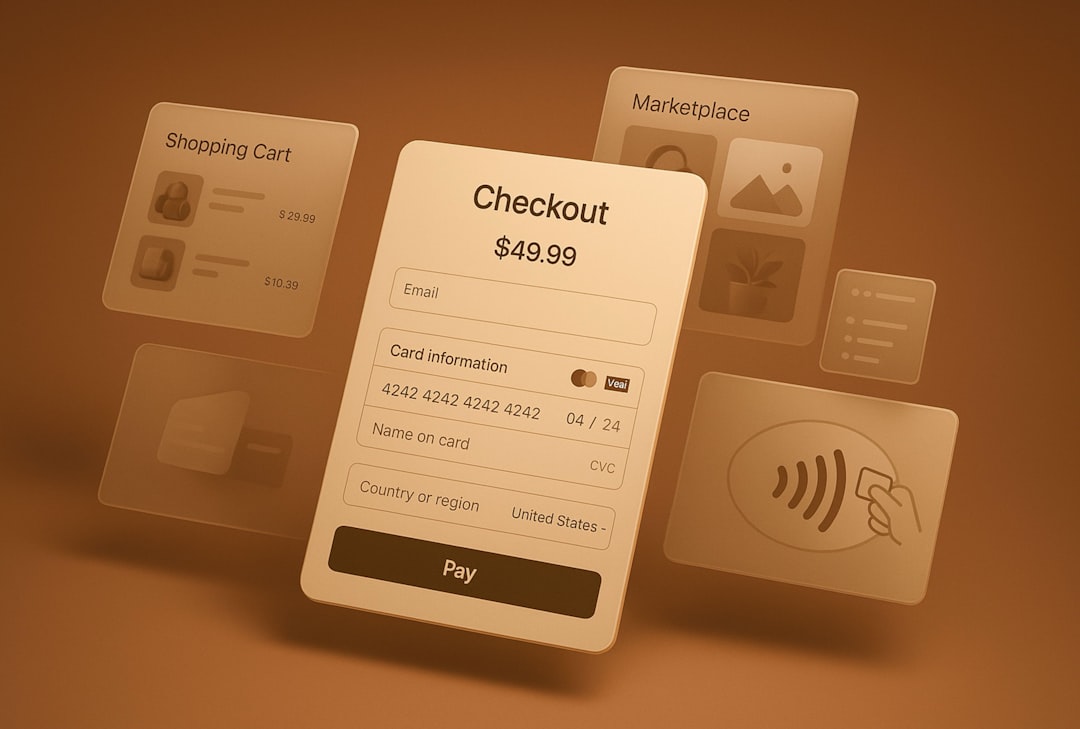The Pros and Cons of Leasing versus Buying a Car
When it comes to getting a new car, there are typically two options available: leasing or buying. Each option has its own set of advantages and disadvantages, and it ultimately depends on your personal needs and preferences. In this blog post, we will discuss the pros and cons of leasing versus buying a car, helping you make an informed decision.
Leasing a car offers several benefits that make it an attractive option for many individuals. One of the primary advantages of leasing is affordability. Monthly lease payments are generally lower than loan payments, allowing you to drive a higher-end car for a lower price. This is particularly beneficial for those who want to regularly upgrade to a newer model without the hassle of selling or trading in their vehicle.
Additionally, leasing a car often means you’re covered under the manufacturer’s warranty, providing you with peace of mind and potentially saving you money on repairs and maintenance. Leased vehicles tend to be new or gently used, ensuring they are in excellent condition. Moreover, since most leases last for only a few years, you are always driving a car with the latest safety features and technology.
Another advantage of leasing is more financial flexibility. When you lease a car, you’re not locked into a long-term commitment. At the end of your lease term, you have the option to return the vehicle or purchase it at a predetermined price. This gives you the opportunity to test out a car without the obligation of keeping it long-term. Leasing also reduces the down payment typically required when purchasing a car, making it easier to manage your finances.
However, despite these benefits, there are drawbacks to leasing a car that you should carefully consider. One significant disadvantage is that leasing does not allow you to build equity. Unlike buying a car, when you lease, you are essentially renting the vehicle for a specific period. This means that you won’t have any ownership rights or the ability to sell the car when you want.
Additionally, leasing comes with mileage restrictions. Most lease agreements have limits on the number of miles you can drive per year, and exceeding these limits can result in costly penalties. If you have a long commute or frequently take road trips, leasing may not be the most suitable option for you. It’s essential to calculate your estimated mileage before deciding to lease or purchase.
On the other hand, buying a car comes with its own set of advantages. The most significant benefit of buying is that you own the vehicle outright. This means you can modify it as you please, sell it whenever you want, and potentially recoup some of the money you invested. Additionally, by purchasing a car, you have the freedom to drive as much as you desire without worrying about mileage restrictions.
Furthermore, while purchasing a car may have higher monthly payments and a larger down payment, the long-term financial benefits can outweigh these initial costs. Once you fully pay off your loan, you can enjoy a period of payment-free driving, which can be beneficial for those with limited budgets or who want to save money in the long run.
However, buying a car also has its downsides. New cars tend to depreciate rapidly, and as an owner, you bear the brunt of this depreciation. Unlike leasing, where you’re only responsible for the monthly payments and potential wear and tear, buying requires you to assume the risk of the car’s resale value.
Maintenance and repair costs are also higher when you own a car. Once the manufacturer’s warranty expires, any repairs or maintenance become your responsibility. This can add up to significant expenses over time, particularly if the car requires major repairs or has a history of mechanical issues.
In conclusion, the decision to lease or buy a car depends on your personal circumstances and preferences. Leasing provides affordability, flexibility, and the ability to drive the latest models, while buying offers ownership, long-term savings, and unlimited mileage. Consider your financial situation, driving habits, and long-term goals before making a decision. Ultimately, choose the option that aligns with your needs and offers the most value in your specific situation.












